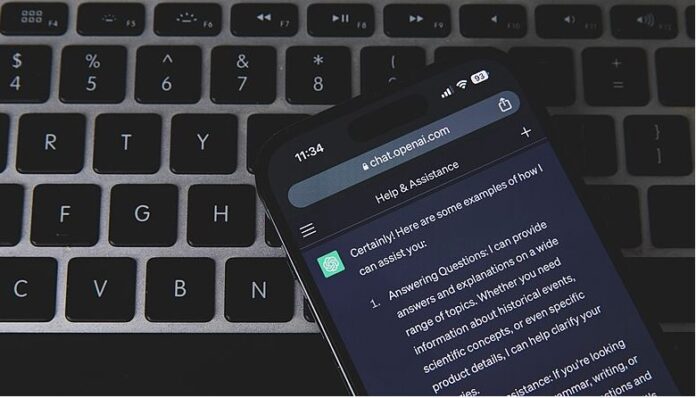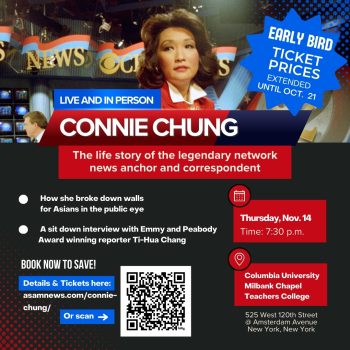By Allison Kharki
ChatGPT has been a hot topic on college campuses- with many universities being unsure of how to respond to the rapid use of Artificial Intelligence technology in their classrooms. According to Princeton University, the institution has decided not to ban the usage of ChatGPT and, instead, has left professors to determine their own policies.
Furthermore, two universities, Sciences Po in France and RV University in India, have banned the use of ChatGPT altogether. However, professors at the University of Pennsylvania Wharton School of Business and Ithaca College have allowed it, arguing that students should be knowledgeable about future technology tools.
The discrepancies in how higher-level institutions are responding to ChatGPT have highlighted the complexities of navigating these new technologies. One professor at Georgetown University’s Communication, Culture, and Technology Program stated, “I’m still working on it myself,” when asked how professors should respond to ChatGPT.
Other professors, including a writing professor at the University of Southern California, believe that AI is an unavoidable reality as a teacher- but that there are ways in which professors can use it for good as a creative tool. All in all, many professors, while cautious, are in favor of working with (and not against) modern technology.
University students also have a lot to say about the rise of AI. One Asian American college senior at Georgetown University, Subhiksha Balaji, told AsAmNews “I think it can definitely be both harmful and useful- harmful in the sense that it probably proliferates the issue of academic dishonesty.”
She continued by saying that, “at the same time, it could certainly be put to good use” like making certain concepts taught in classes more accessible and understandable to students.
Another Asian American Georgetown undergraduate student who uses the pronoun “they” stated that, at first, they had a negative view of AI, but after researching, discovered that tools such as ChatGPT could benefit high schoolersapplying to college.
“I read this article where they talked about how generative AI has the potential to give first-generation/low-income applicants a leg up by providing grammar and vocabulary feedback on essays,” they said to AsAmNews. They continued: “For those that can’t afford tutors, AI could really assist in the essay writing process- so long as the applicant doesn’t plagiarize.”
The Guardian, the news outlet that published the article the student mentioned, discussed the importance of open-mindedness to innovative technology and the gray area between inspiration and plagiarism.
A recent study by Pew Research Center found Asian American workers in the US are among the most likely to be replaced by Artificial Intelligence, or whose jobs might change. Other groups most affected by AI are women, White workers and those with college degrees.
When asked what they thought about Asian Americans being among the most impacted by AI, they said, “I mean it’s scary. There are already a lot of barriers that we have to get through to be successful in the workforce, and it seems like this is just another one.” But, they added that they were overall still hopeful that AI can ultimately be used for good purposes.
The tool’s influence over Asian American people, and specifically Asian American women, in the workforce is a cause for concern for some. Although, much is still yet to be learned about AI.
All in all, as ChatGPT and other AI tools continue to reach college campuses and the workforce worldwide, it is crucial to acknowledge both the advantages and downfalls. Institutions across the US are perplexed about how to carry forward with the accessibility of ChatGPT, but one thing is clear: AI is here to stay.
AsAmNews is published by the non-profit, Asian American Media Inc.
We are supported through donations and such charitable organizations as the Robert Wood Johnson Foundation. All donations are tax deductible and can be made here.
Please purchase your tickets to our fundraiser Up Close with Connie Chung, America’s first Asian American to anchor a nightly network newscast. For a limited time, you can get 10% off tickets. The in-depth conversation with Connie will be held November 14 at 7:30 at Columbia University’s Milbank Chapel in the Teacher’s College. All proceeds benefit AsAmNews.



